We've all heard that eating spinach makes you stronger, but what about making you make more trips to the bathroom? It's an age-old question with a lot of unknowns; does spinach have any effect on your bowel movements or is it just another old wives' tale?
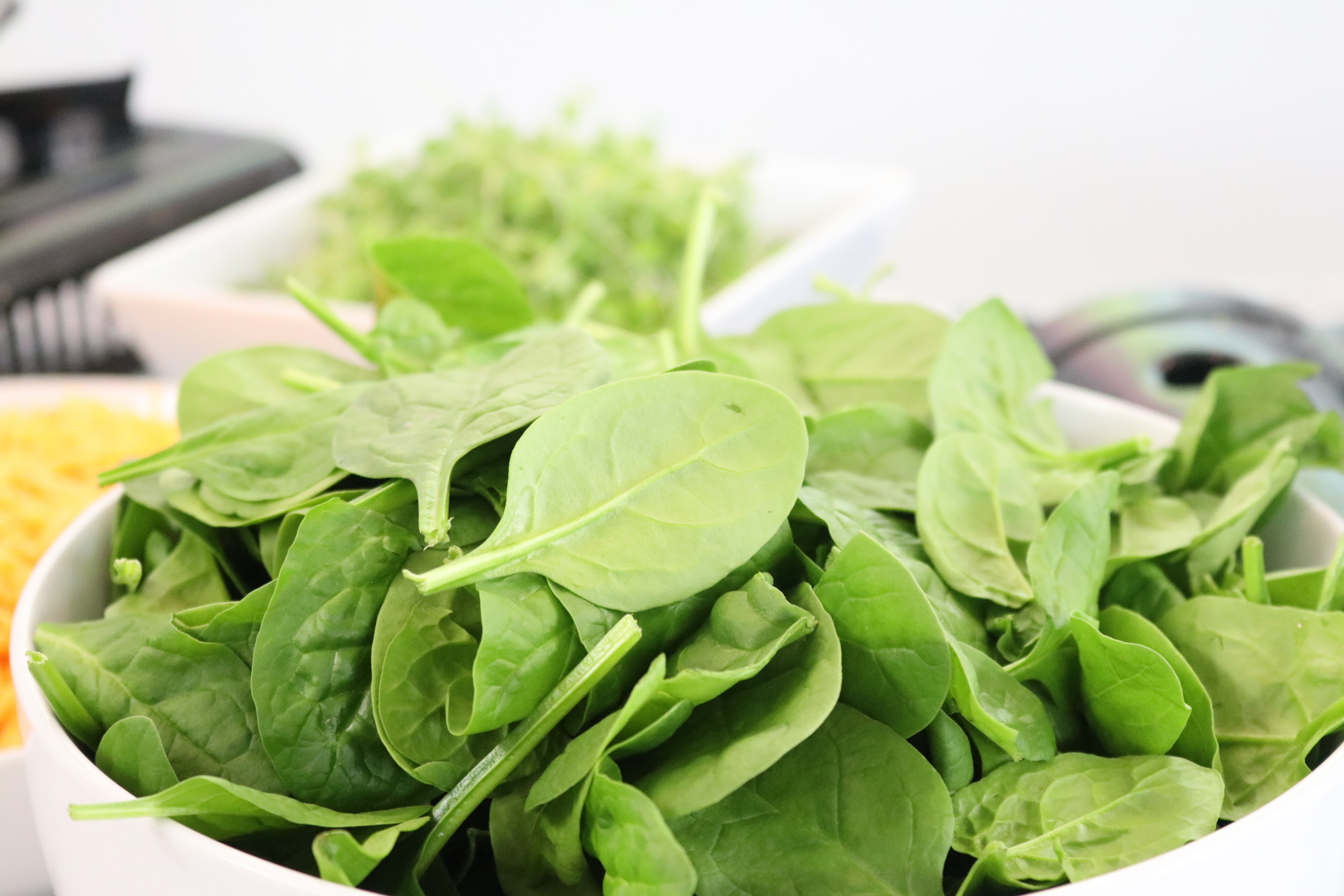
We know that this leafy vegetable is a pretty high profile in its nutritional aspect, but it’s also loaded with antioxidants and anti-inflammatory entities, which can prove to be beneficial for gastrointestinal disorders.
So does spinach make you poop? According to science, yes it does! Spinach is rich in magnesium, Iron, vitamins, and folate, which help add bulk to your stool and make digestion easier.
Though, there’s a lot that goes into how spinach makes you poop, how it can help cater to constipation, and why exercising moderation is important.
So make sure to stick around till the end, and emerge as a better connoisseur in the matters of spinach
Table of Contents
Health Benefits Of Spinach Leaves
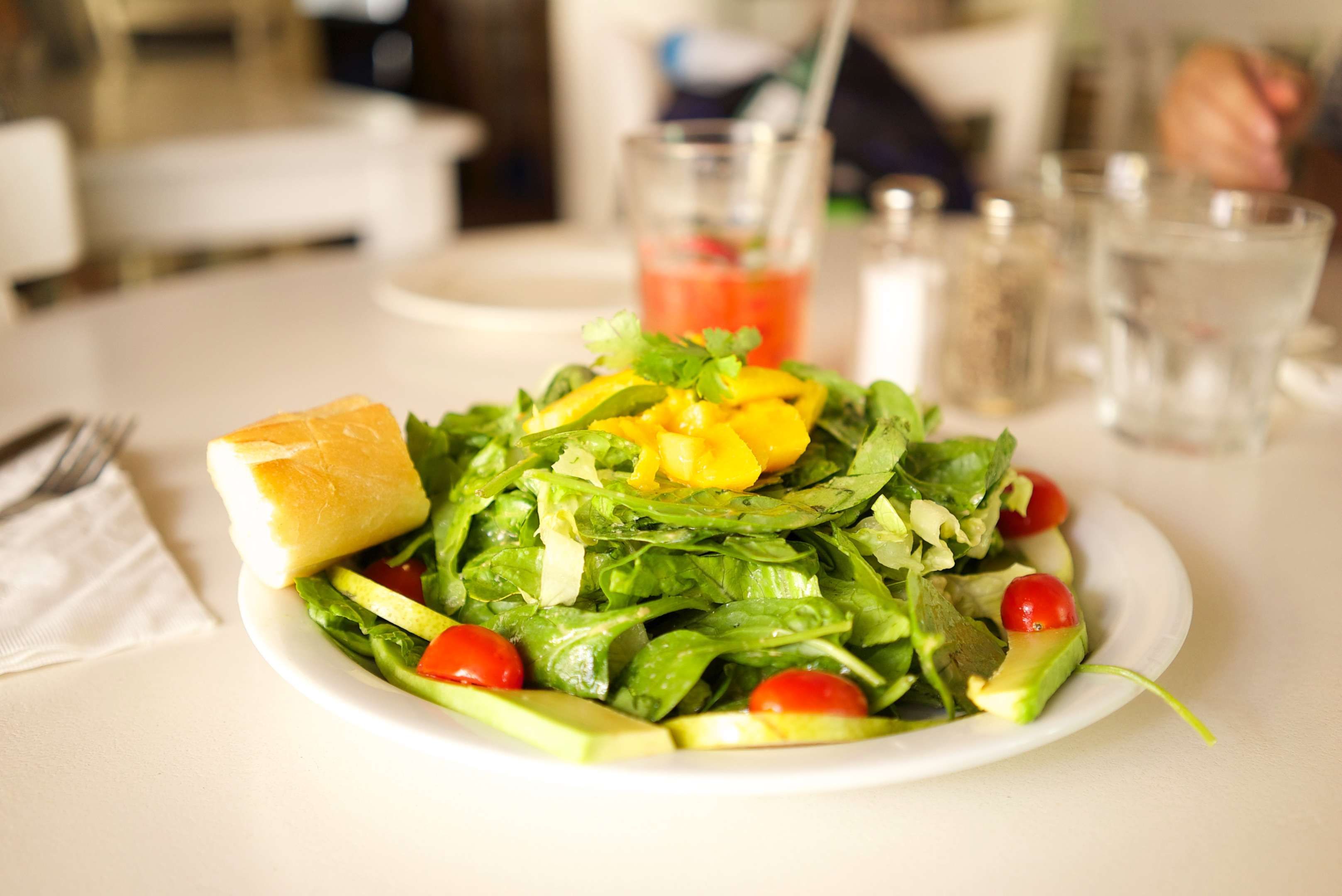
When you eat spinach, whether raw spinach or cooked, a lot of nutrients go inside your body. Here's a breakdown of the various health benefits of eating spinach leaves:
-
Full Of Vitamins: The scientific composition of spinach leaves shows that it's full of a lot of different vitamins, which include vitamin B to vitamins A, C, E, and K. This helps create better skin health and texture, protecting it against skin damage as well.
-
Antioxidants: Regarded as superfoods, antioxidants are often the main composition in probiotic supplements, which enables better digestion and regular bowel movement. The main purpose of antioxidants is to prevent damage from free radicals, which often play a role in heart diseases and other problems.
-
Prevents Hypertension: High blood pressure is a pretty common problem, especially in the US. Spinach works great against hypertension and increased anxiety due to copious amounts of nitrates and potassium.
-
Gastrointestinal Benefits: Beta carotene and vitamin C help enrich the gut microbiome, which protects the human body from diseases like IBS (Irritable Bowel Syndrome), Bloating, Constipation, and more.
-
Improved Vision: Eating spinach has been directly linked to having improved eyesight, as this study explains how vitamin A in the form of carotenoids is present in spinach, which aids in improving vision.
-
Reduced Cancer Risk: Nutritional elements like flavonoids, antioxidants, and beta carotene promote healthy cell division, and have been linked to decreased cancer risk in people.
-
Bone Health: Spinach helps retain and even improve bone health due to the high content of calcium in its leaves. This is why diabetic patients need to up their spinach intake, as it helps retain bone density.
The Side Effects Of Eating Too Much Spinach
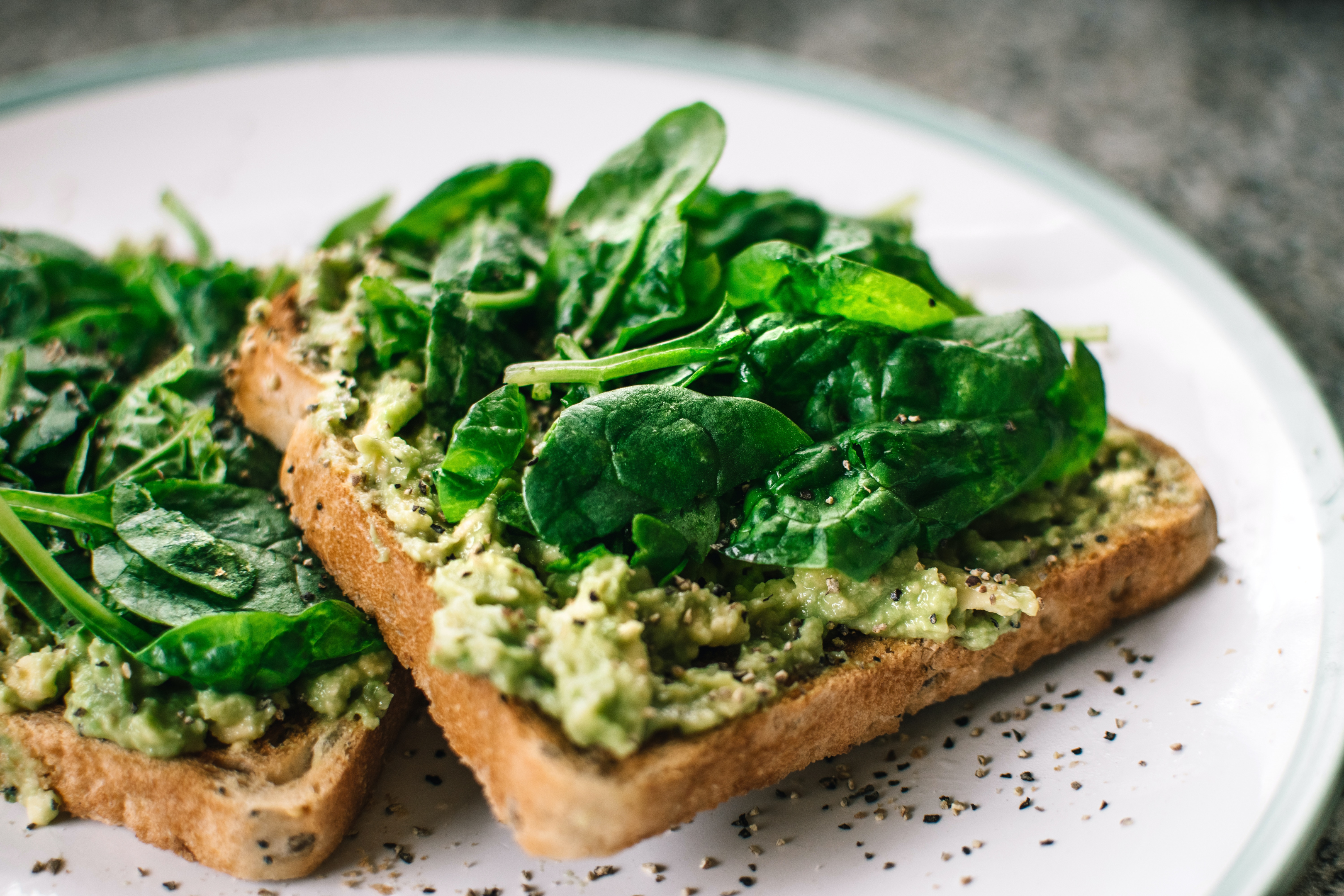
We’ve explained the numerous benefits of eating spinach, but be vary - It’s in no way an invitation to start eating spinach all the time.
Not exercising moderation when eating superfoods like Spinach can do more harm than good, and you should always shoot for a balanced diet.
That being said, Here’s a breakdown of the side effects of eating too much spinach.
-
High in Oxalic Acid: High amounts of oxalic acid can interfere with the body’s natural ability to absorb minerals. This acid, present in Spinach, can then bind with minerals like magnesium and zinc, which can create a mineral deficiency.
-
Gastrointestinal Distress: Eating too much spinach can go on to cause a buildup of gas, which leads to issues like bloating and alternative episodes of diarrhea and constipation. This happens due to the presence of insoluble fiber that slows digestion and gut motility.
-
Allergic Reaction: Spinach contains small traces of Histamine, which often people are allergic to. Increased intake of Spinach can cause a severe allergic reaction and requires medical assistance.
-
Interference With Blood Clotting Medicine: Spinach is very high in Vitamin K, which reacts with coagulants and triggers a negative effect on its action and mechanism
Does Spinach Make You Poop?

If you’re still wondering if spinach makes you poop or not, we’re here for a direct answer to your query.
Spinach is a leafy green vegetable loaded with fiber, which helps move things along in your intestines.
This fibrous content of Spinach, along with the presence of Vitamin C, K, and folate, promotes regularity and prevents constipation, which is fantastic news for those struggling with issues in the digestive system.
Moreover, spinach contains magnesium, which stimulates the smooth muscles of the digestive tract, making you feel more "regular" in the restroom.
Does Eating Spinach Give You Diarrhea?
There's no denying the fact that spinach is full of health benefits, but nothing in this world comes with a bad side. Many people are convinced that eating spinach gives them diarrhea, though the answer to this varies on a lot of different things.
While spinach itself is not a known cause of diarrhea, it can contribute to bowel irregularities if you're not exercising in moderation, or not preparing it properly.
The high oxalate content of raw spinach can also lead to gastrointestinal discomfort for some people. In short, it's all about moderation and finding what works for your body. So go ahead and get your Popeye on, but maybe skip the raw spinach salad on a first date.
How Fast Does Spinach Make You Poop?
The high fiber content in spinach helps to bulk up your stool and move it through your digestive system more efficiently, and almost immediately
This means you should expect a quick trip to the bathroom, in under an hour, after consuming spinach.
So if you’ve been on that dry spell for the past couple of days, adding some spinach to your diet can get the juices running. Just be sure to drink plenty of water to help the fiber work its magic
Does Spinach Help With Constipation?
Yes, spinach can help with constipation! Spinach is loaded with fiber, which adds bulk to your stool and helps it move through your digestive system more easily.
It also contains magnesium, which helps to relax the muscles in your digestive tract and can stimulate bowel movements.
Magnesium also helps the colon flush things out, enabling you to stop feeling blocked up all the time. Though, as we’ve mentioned before, you should always exercise caution with Spinach, and make sure you’re not overconsuming it.
Alternate Ways To Relieve Constipation
Spinach is a great natural way to get your bowel movements running and help relieve constipation, but it's not the only way. In truth, there are a lot of different ways, both natural and supplement based, that you can try at home to get rid of constipation.
Though, if your constipation is persistent, and brings in ailments like abdomen pain and more, make sure to consult with a doctor first.
Supplements
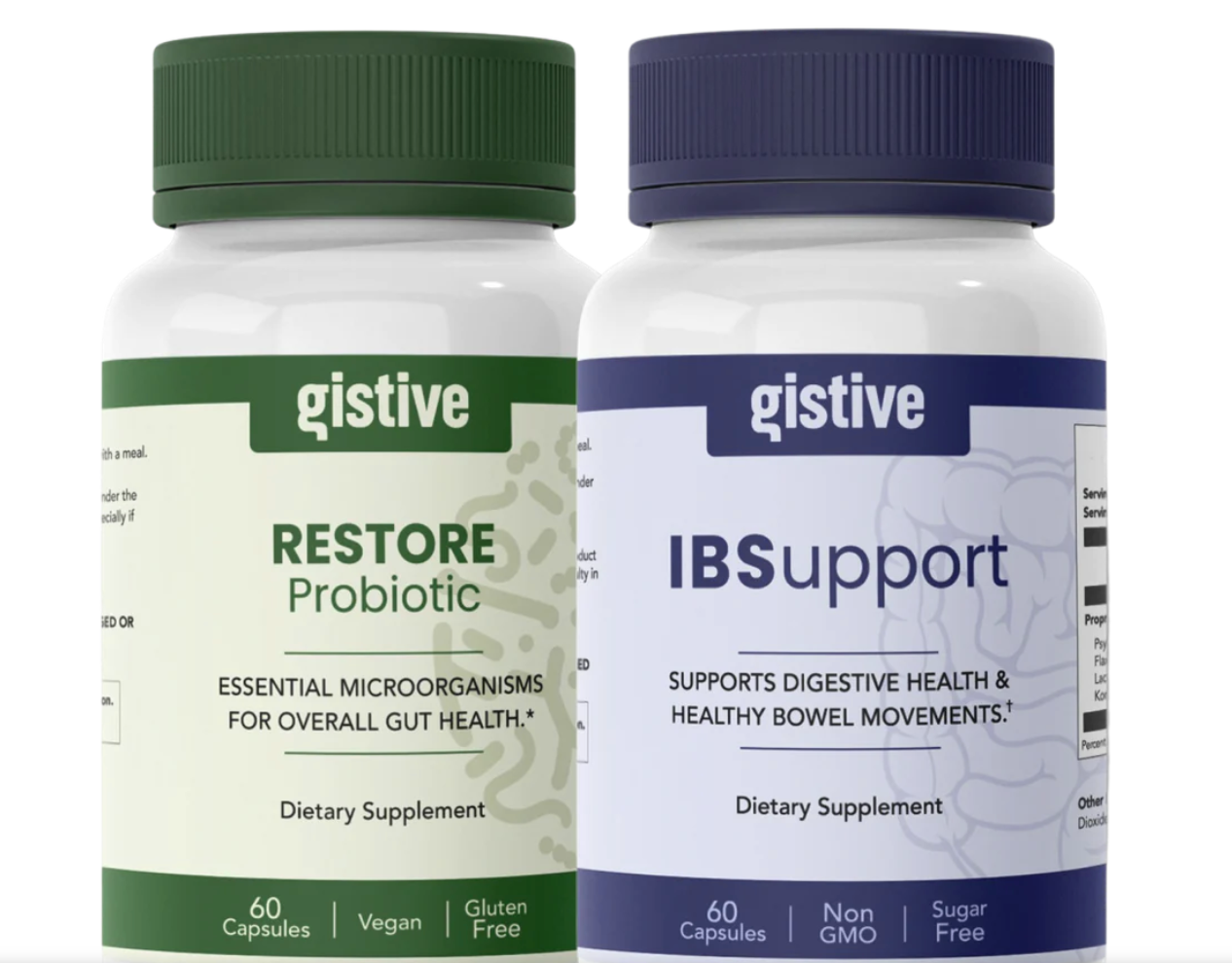
We’ve seen a bloom in the supplement industry relevant to gut health in the past few years, and for all the good reasons. To help cater to constipation, you can find probiotic supplements or fiber supplements that help relieve this problem, adding more weight to your stools and making them easier to pass.
Plus, did you know? Our IBSupport supplement is filled with 7 different superfoods, all of which help create better gut health, and decrease your chances of getting constipation. Check it out here!
Apple Juice
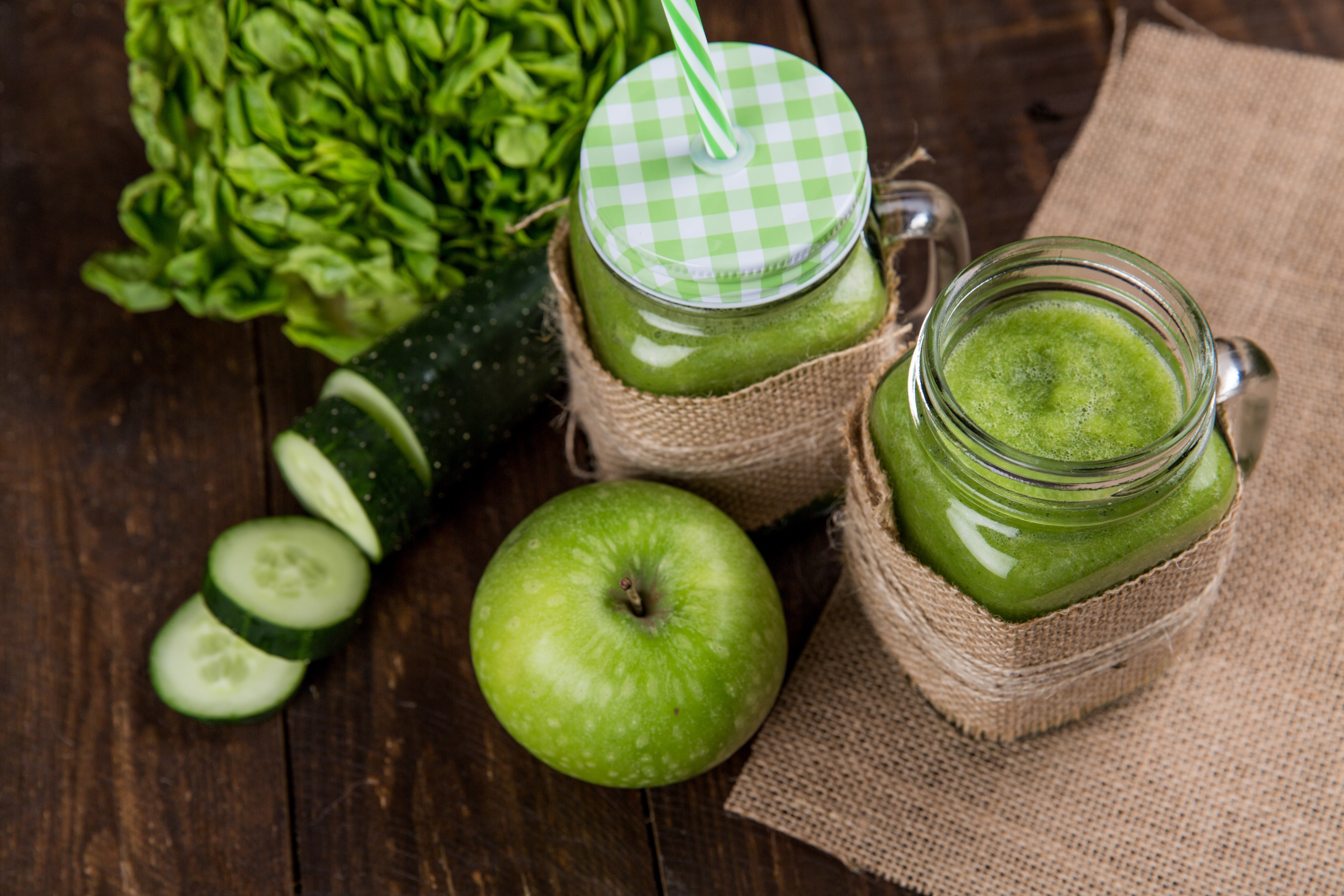
Constipation can be a real pain in the... well, you know. Luckily, there's a simple yet delicious solution that can help clear things up - apples and apple juice!
The fiber in apples helps promote intestinal regularity, while the sorbitol in apple juice acts as a natural laxative.
Plus, apples are a great source of hydration, which can also ease constipation. So the next time you find yourself feeling a little backed up, reach for an apple or pour yourself a glass of refreshing apple juice.
Here’s an extensive guide on how apple juice can relieve your constipation in no time!
Kombucha

If you're someone who's dealt with constipation, you know how frustrating it can be. Consider trying kombucha, a fermented tea drink that can offer relief!
Kombucha is known for its probiotic content, which can help promote a healthy gut environment. This can lead to smoother digestion and better overall bowel movements.
In addition to all that, kombucha also contains enzymes that can help break down food more efficiently, further easing constipation. Make sure to have some kombucha now and then, and watch the results for yourself.
Bottom Line
To sum up, spinach can be an incredibly useful food for aiding digestion. Yes, it may make you poop more, but as long as you're not overdoing it, that's just a sign that things are working as they should!
With its high fiber and water content, eating spinach regularly can help keep your intestines in tip-top condition. So if the thought of eating more greens makes you grumble, remember all the awesome benefits it has to bring: healthful nutrients, fewer cramps and aches, and an extra boost for constipation sufferers.
And if you want to learn more about constipation relief, check some of our other blogs out on this subject, and sign up for our newsletter for a groovy 10% discount on all of our products!

